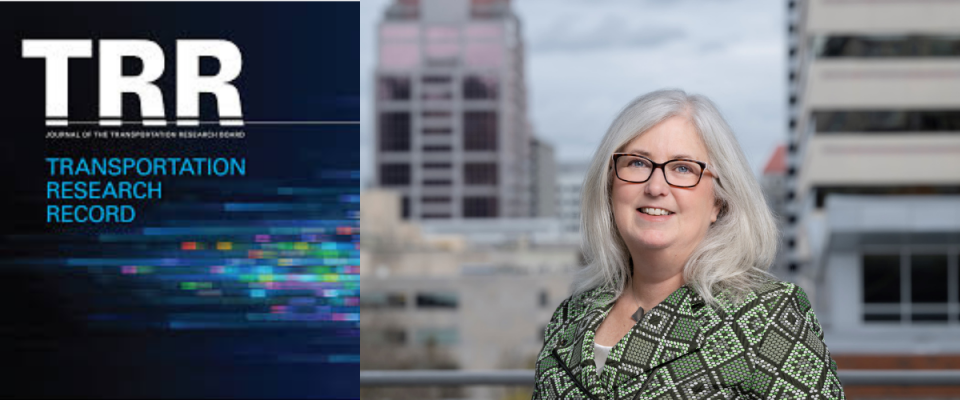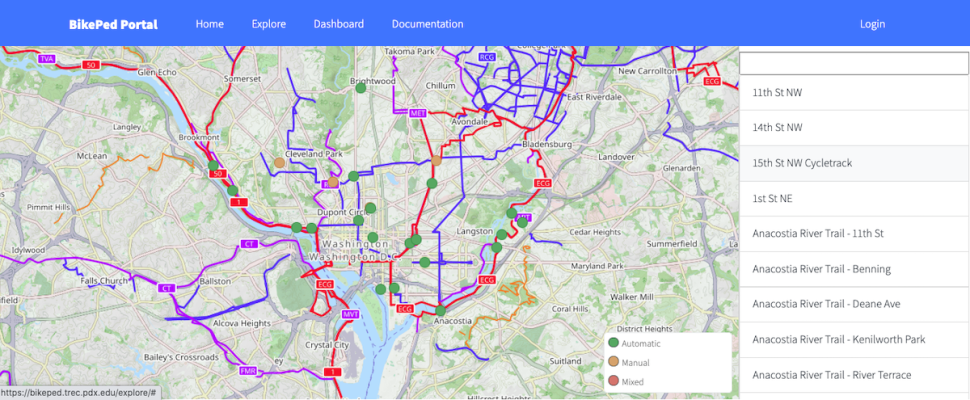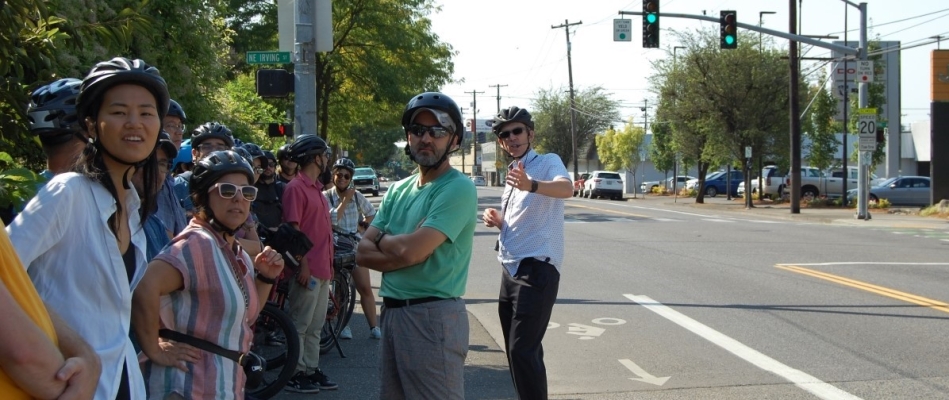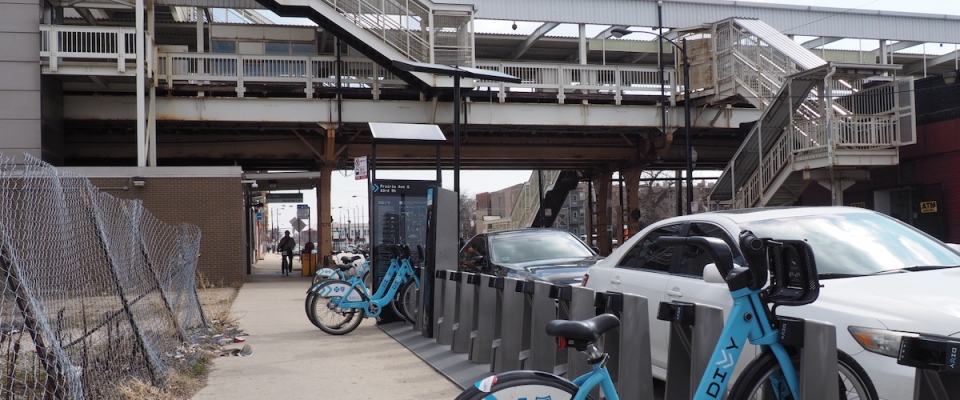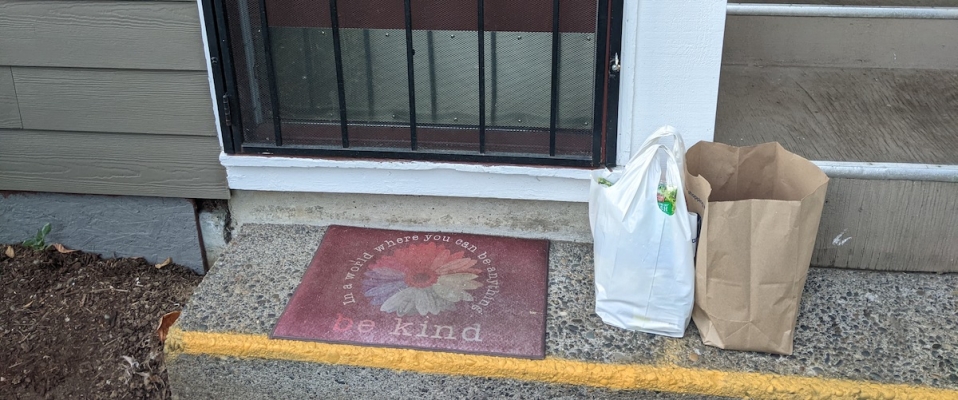Jennifer Dill, director of Portland State University's Transportation Research and Education Center (TREC), has been named the inaugural editor-in-chief of the Transportation Research Record (TRR). The TRR—the flagship journal of the National Academies of Sciences, Engineering, and Medicine’s Transportation Research Board (TRB)—is one of the most cited and prolific transportation journals in the world, offering wide coverage of transportation-related topics.
While maintaining her current role as the director of TREC, Dill will begin her duties at TRR on July 15, collaborating with the TRR team and TRB volunteers to enhance the journal’s role in improving the nation's transportation system through high-quality research.
"The Transportation Research Record and TRB have played key roles in my scholarly and professional career. My very first peer-reviewed journal article was published in TRR based on research I did as an undergraduate student with my mentor, Dr. Dan Sperling. That opportunity opened my eyes to the possibility of being a researcher and professor," Dill said.
Prior to entering academia, Dill worked as an environmental and transportation planner at the federal and regional levels. When she first...
Read more
